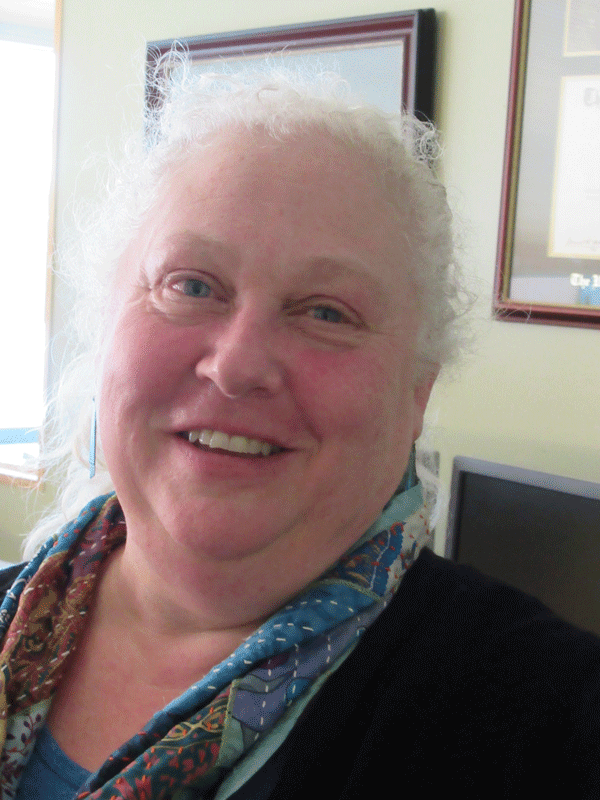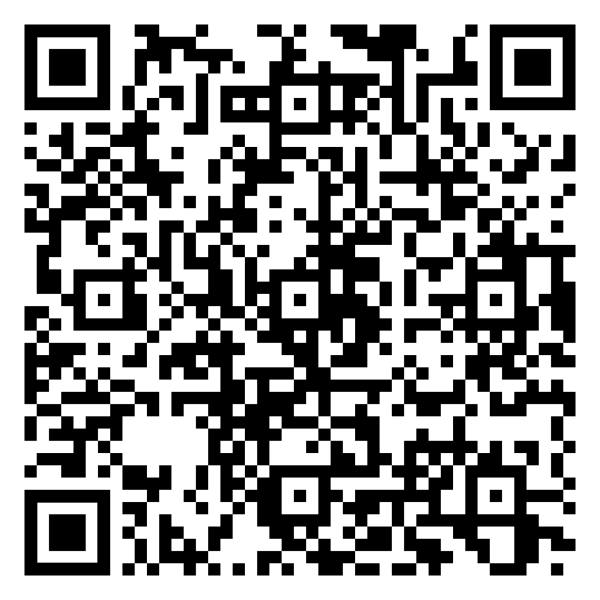Career and Internship Center offers new one-credit course
Beth Walsh
Beth Walsh, director of career development at NVU-Johnson, will be teaching a 1-credit class called Career Development and Planning. The class will run for the second half of the semester, starting in March.
The class will focus on interview skills, resume building and writing, basic technology information, networking and other employer-sought out skills. The goal is to alleviate some of the stress of finding and interviewing for a job, and feeling confident and prepared to get the job of one’s dreams.
“My hope is that at the end of the class students will feel that they have gained skills that they’re going to use throughout their life and whenever they change jobs or careers,” says Walsh.
Even though Walsh has been thinking about running the class for a while, the program was officially put forth by Provost Nolan Atkins. Walsh offers workshops every year, but students seldom show up. She has also gone to classrooms to talk to students, but she feels that inviting students into a classroom of her own will encourage students to take it more seriously.
Enrollment numbers seem to be promising, but Walsh says one of the reasons the class starts in March is to give students who may have had to drop a class early to still have an opportunity to get an extra credit.
One of the key parts of the class will be networking with local business owners, employers and NVU Johnson alumni about their experiences or what they look for in an employee. Many businesses nearby have connections to campus and often advertise at career days that will come in for some interactive experiences.
“Networking is kind of a scary word and people sometimes think it’s cheating, and it really isn’t,” said Walsh. “It’s really learning from the people you have access to. If you are on a chairlift going up the mountain, you can be networking with the person sitting next to you. [Networking] is finding folks doing interesting things, buying them a cup of coffee and asking them about their career path.”
Walsh says that even these small connections can be extremely helpful and lead to real opportunities. “There’s so many people within our community and outside of our community who value the Johnson student and alumni and value what you come out of the school with,” she says.
One of the assignments will be to network with someone, even a relative or a friend, so that students can get a feel for what a networking conversation might be like in the real world in a more comfortable and familiar environment.
Walsh says that often these interactions lead to something even more beneficial. “Sometimes these informational interviews turn into a mentoring relationship,” says Walsh. “It’s somebody who wants to help you along your way. People like to talk about themselves. And they like to help young people entering the field.”
Another aspect of the class will focus on technologies and how to utilize different tools in the workplace. Walsh says that she went by the core competencies of the NACE (National Association of Colleges and Employers) organization. Mostly the class will focus on the basic Office suite (Word, PowerPoint, etc.) and make sure that students have a grasp of the basics.
Walsh explains that college students today are much more technologically savvy than prior generations, and even though we see our abilities as average, they can be a real benefit in the business world.
“[Students assume] that everybody knows how to use a cell phone, everybody knows how to use twitter and all these different things, but not everybody does,” says Walsh, “The person who’s employing you might not. It’s important to value these skills and know how to advertise that you know about it.”
Walsh recommends the class to anyone and everyone and says that every student will get something from the course no matter their major or year. Freshmen might learn how to use resources and get help from the people around them, and seniors may be more interested in writing and tailoring their resume for their careers after school.
Of course, Walsh’s hope is that students will get the information they need sooner rather than later so they can work on building up that experience and filling in their resume with more highlights. Regardless, last-minute preppers will still get a lot out of the course.

Sophomore, Journalism
Grew up in Salisbury, NH
Fall 2018 - Present
The closest I have come to fame so far is once, at a Weird Al concert, he went...




